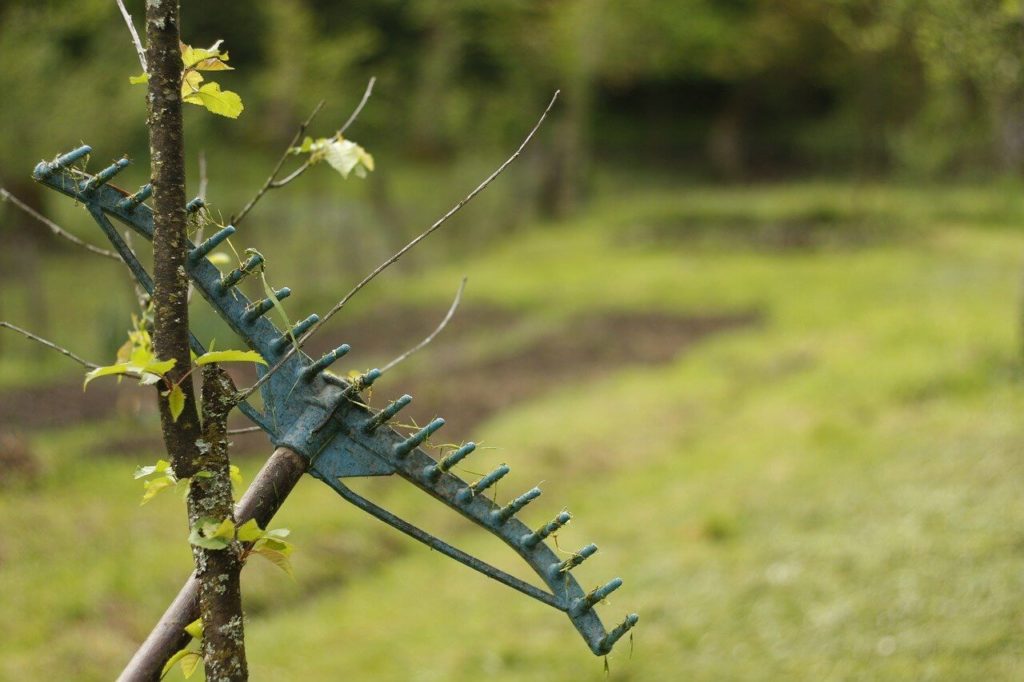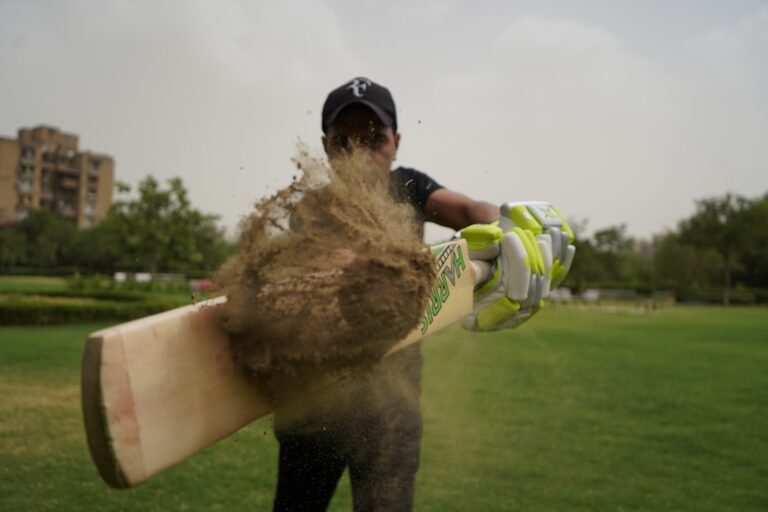Starting a hobby farm is hard work, but incredibly rewarding. If you want to get your hands dirty, understand the value of hard work, and live more sustainably, then you may want to try out hobby farming.
What is a hobby farm?
Unlike traditional farming, a hobby farm is not started to make a profit. You may be able to sell some goods like eggs, honey, and vegetables, but you need to have another solid source of income. When starting your first hobby farm, there are certain things to keep in mind in order to be successful.
Finding the Right Land
The first step to starting a hobby farm is finding the right plot of land. You could easily start in the backyard of your primary residence. Or you could look elsewhere for a larger, more fertile space. Scour vacant lots in your neighborhood to see what’s available. If you purchase a rental property to be used for farming, you will need to have your credit score checked just like when you rent or buy any piece of property. You may decide to buy some land for your hobby farm. With this route, you may want to take out a personal loan from a financial institution. Your credit history will be checked and you will then have to make monthly payments. Beyond a loan, consider acquiring property insurance as well for your farmland. To help save you money, you should choose an investment loan with low interest rates. To help find the best investment property loan, applicants should speak to a financial advisor and check out this month’s lowest investment loan rates.
When finding a suitable piece of land, consider the amount of sunlight, access to water, local wildlife, and how fertile the soil is. Before deciding on a plot of land, conduct a soil test to check the soil’s level of nutrients, contaminants, and pH. You can always try to improve the soil’s fertility later on, but when first getting into farming, it’s easier and less time-consuming to start out with a good patch of soil.
Do Your Research
Farming takes expertise, so educate yourself on farming before you begin. There are plenty of books you can read on the subject or you could take classes online. You should also talk to other farmers to gain their firsthand experience and knowledge. You may want to join some farmers’ groups so you can collaborate on tools and tips. Besides learning about farming equipment and practices, make sure to read up on the kind of crops you plan to farm and animals you are considering raising.
Raise Livestock
Considering investing in livestock for your hobby farm. If you have animals as part of your farm, you won’t just have fresh fruits, vegetables, and herbs, but also eggs and dairy readily available to you as well. When it comes to raising farm animals, most hobby farmers recommend starting out with a few small hens. These are the easiest animals to take care of, don’t require a lot of space, and can help with pest management. In terms of supplies, you will need a small coop for your hens and animal feed which you can purchase from ConwayFeed. You will want to provide your animals with a high-quality, nutritious feed made from grain to keep them healthy.
Decide What to Grow
Before planting, decide what kind of produce you want to harvest. Choosing your crops will mostly rely on the climate and the level of shade and sunlight in your area. But feel free to experiment! Hobby farming is all about flexibility and understanding that failure is a total possibility and totally okay!




